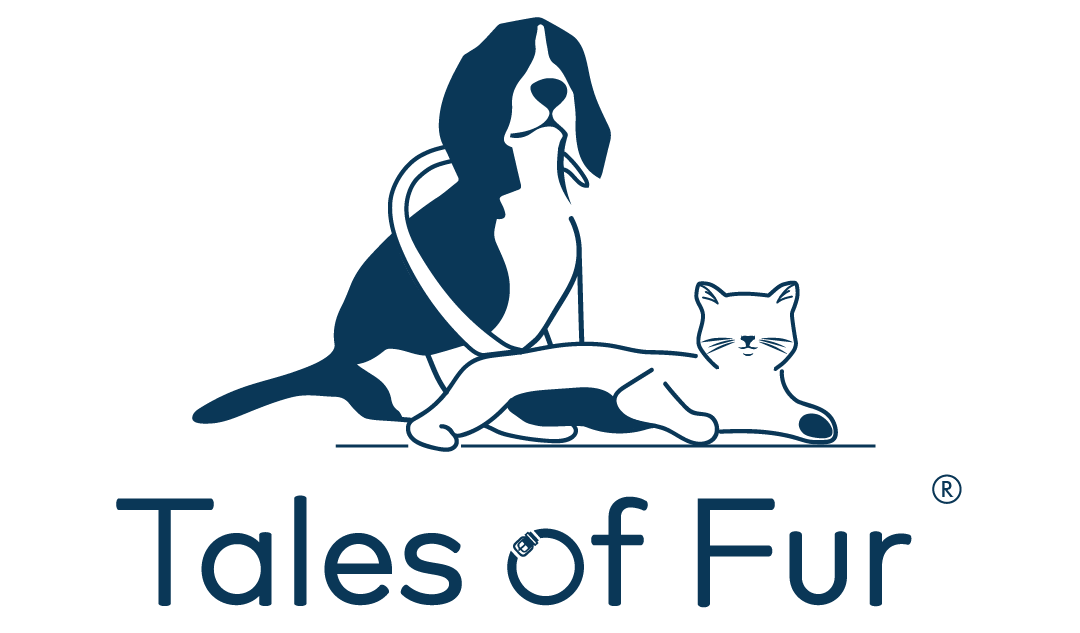Part 5: When (and Why) to Seek Professional Help
In the earlier parts of our Healing Together series, we talked about recognizing trauma, creating safe spaces, and building trust through consistency and nutrition.
But sometimes, despite all the love and effort we give, our dogs need professional help to truly heal.
That doesn’t mean you’ve failed — it means you care enough to get the right support.
Why Professional Help Matters
Adopted dogs often carry deep emotional wounds. While patience and love are powerful, some behaviors are rooted in trauma that needs specialized understanding.
As the Humane Society explains, early behavioral intervention prevents anxiety or fear from becoming long-term conditions. Trainers, veterinarians, and behaviorists work alongside you to guide recovery safely and compassionately.
Signs It’s Time to Seek Help
Consider consulting a professional if your dog:
- Shows aggression (growling, snapping, biting) — even toward familiar people.
- Suffers from severe separation anxiety, including self-harm or destructive behavior.
- Refuses to eat, walk, or engage for weeks despite gentle care.
- Displays compulsive habits — constant pacing, spinning, tail-chasing, or licking.
- Experiences sudden regressions, such as fearfulness returning after progress.
If these behaviors persist beyond two weeks, outside guidance can make all the difference — for your dog’s emotional well-being and your peace of mind.
Who Can Help (and What They Do)
- Your Veterinarian
Start here: Many behavioral issues have medical roots — pain, thyroid imbalances, or neurological issues can mimic trauma.
A vet can rule out underlying problems, recommend calming supplements, or prescribe safe anxiety support when necessary.
-
Certified Dog Trainer
A trainer can help reintroduce structure and confidence through gentle, consistent reinforcement.
Avoid punishment-based trainers.
Fear-based methods, dominance training, or shock collars only deepen trauma.
Choose a positive reinforcement–based approach — where trust, patience, and clear communication are at the center of learning.
- Canine Behaviorist
For complex trauma, a certified animal behaviorist develops a tailored plan that addresses fear at its source.
They focus on emotional triggers, socialization, and long-term behavior modification — not quick fixes.
Look for credentials like IAABC, CCPDT, or Fear Free Certified to ensure humane, science-backed care.
Compassion Is Non-Negotiable
Healing a traumatized dog is not about control — it’s about compassion.
If any professional uses intimidation, dominance, or force, walk away.
Dogs who’ve known fear don’t need more of it — they need consistency, kindness, and a human who listens.
At Tales of Fur, we believe every adopted dog deserves a second chance built on empathy. Professional help should always honor trust, not take it away.
Teamwork for Healing
Seeking help isn’t giving up — it’s stepping up. Professionals don’t replace your bond; they strengthen it.
You remain your dog’s safe place. Trainers, vets, and behaviorists simply help you speak the same emotional language.
Together, you form a healing team — and for a dog who once only knew fear, that team means everything.
Next in our Healing Together series: real stories of hope and transformation — because every rescue dog deserves a happy ending.

